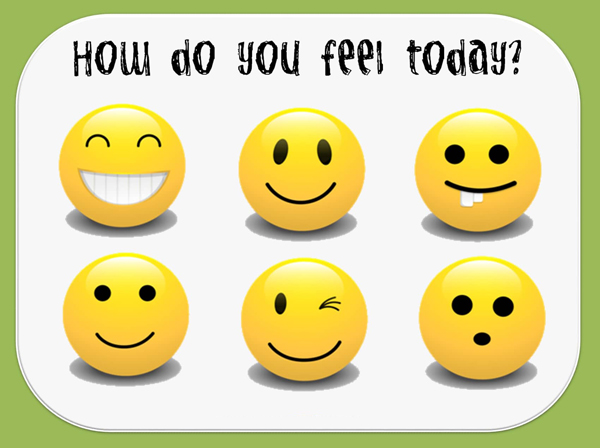How Happy Are You . . . Really?

A recent report from the Global Wellness Institute shows the U.S. takes a happiness dive.
From GWI: Studies consistently show that happiness has an independent and powerful impact on physical health. So, with the GWI recently launching the Wellness Moonshot: A World Free of Preventable Disease, the organization traveled to the United Nations in NYC on March 20 to get the latest insights from the annual World Happiness Report. A key finding: If you’re seeking happiness, you might want to emigrate to a Nordic nation . . . as Finland was the happiest nation this year, with Denmark, Switzerland and Norway taking the other top spots. Togo was the biggest gainer, and Venezuela the biggest loser.
And the U.S. has recently taken a significant happiness dive, with obesity, depression and the opioid crisis growing faster and further than in other nations. The economist authors of the report noted that there is a “very unsettling signal coming through that U.S. society is . . . under profound stress, even though the economy by traditional measures is doing fine . . . [its] comparative [happiness] position relative to other high-income countries is nothing short of alarming.”
The 2018 World Happiness Report also showed (again) the extraordinary importance of social factors in the happiness of all populations. For instance, chapter 6 analyzes the striking “happiness bulge” in Latin America, which depends on the greater warmth of family and other social relationships, and to the greater importance that people there attach to these relationships. Which is why, despite many Latin American nations being poor and unhealthy, they register such outsized happiness scores.
This year’s report also focused heavily on how migration affects happiness. Most notably, it found that the happiness of a country’s immigrants is almost identical to that of its population at large, indicating that “people essentially adjust to the average happiness level of the country they’re moving to.”
We all have much to learn from the nations getting human happiness right—and it isn’t all about money or physical health. Happiness is no longer some vague concept; it’s a hard science.
There is no path to happiness. Happiness is the path. – Buddha
So, what can you do to increase your happiness factor without moving to another country? It isn’t about things or accomplishing goals. Those can be great for a short time but often you find you need another stimuli to have that “feel-good feeling” again. Genuine happiness runs deeper.
A key component in happiness is having a sense of belonging. Whether it’s God, family, friends, church, community or other social outlets (social media doesn’t count here) and relationships. Spending quality time with people who have common interests can create bonds that support and elevate overall well-being. It can create challenges that promote confidence and character building, such as learning how to compromise and when not to. These are core attributes to creating inner peace and a center for authentic happiness.
Another key to happiness is finding the good in what you are doing or where you are. No matter where you are or what you’re doing, good is happening. If it isn’t visible at first, look for it. When you start seeing the good in each activity, encounter or situation, you are increasing your ability to be in the present moment—filling the time and space with being rather than wanting. Wanting creates a sense of lack or need and this can lead to feeling unhappy. Sometimes you are the giver and other times the receiver. Either way, it’s a benefit.
Feeling lonely or isolated? Remember, others can feel like that too. Be the one to reach out and create action or an activity if one isn’t being presented to you. Everyone wants to feel like they are wanted or that they belong. Your happiness factor will rise more when you take action versus doing nothing. If it doesn’t work the first, second or even third time you attempt it, keep trying. Others need you, too!
Happiness is not “out there,” it’s in you!
